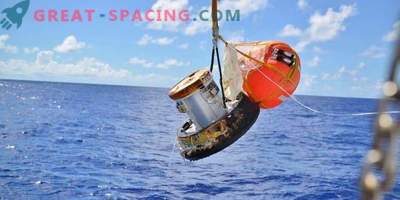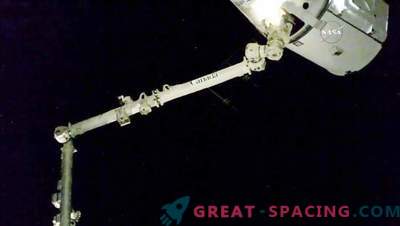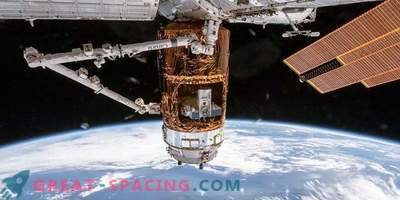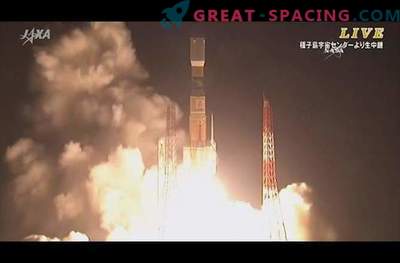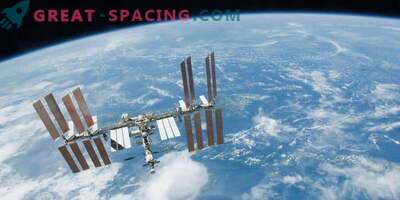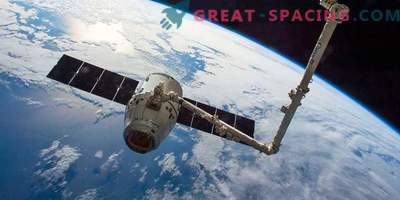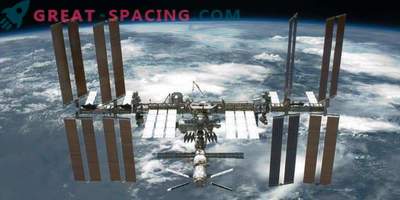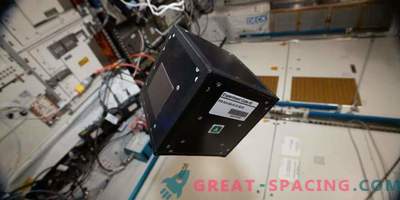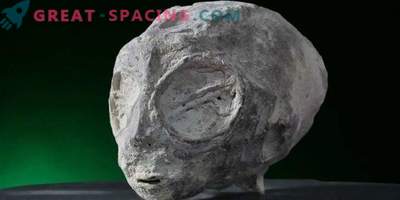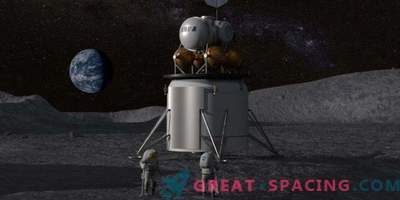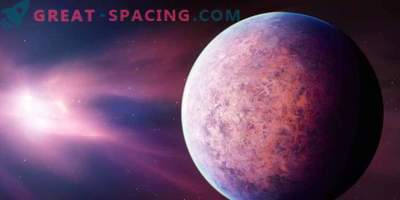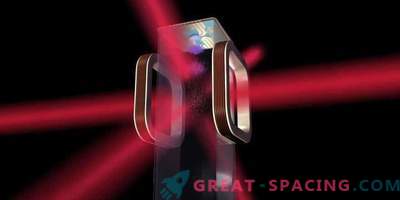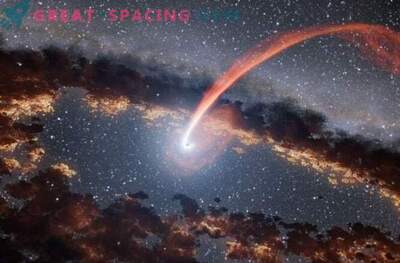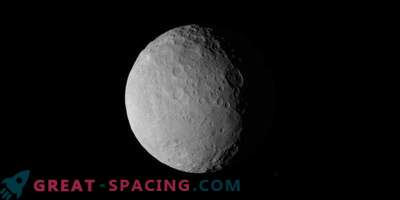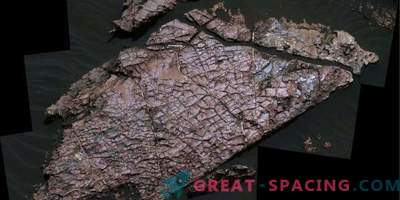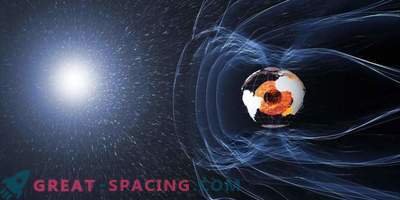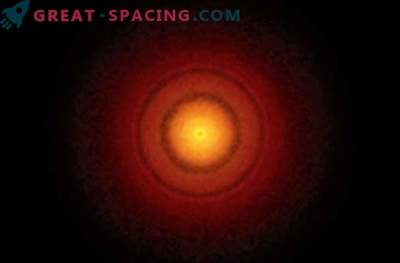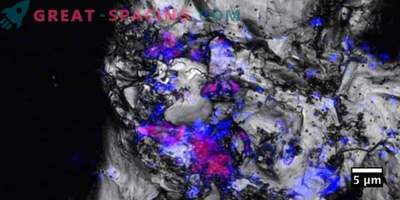
On Monday, a supply vessel arrived at the International Space Station. Of course, they delivered food, water and materials for experiments, but so far the most important part of the package is a small transfer with drinks.
Of course, I overestimate the experiment with alcohol, but why, in fact, the Japanese company Suntory Whiskey send the contents of the hotel minibar to orbit? It turns out that the results of this experiment can be very important.
Unfortunately, the team members — especially for NASA astronaut Scott Kelly and cosmonaut Mikhail Kornienko, who are now experiencing the first months of a one-year non-alcoholic flight — a selection of alcoholic beverages is not intended to be consumed in space, they are part of an experiment to detect how fermentation occurs in microgravity.
"It is known that the majority of alcoholic beverages, with the exception of beer, with a long exposure acquire a mild taste," says a press release of Santori on July 30. - "And although researchers have tried to uncover the secret using a variety of scientific approaches, we still do not have a complete picture of the background of what is happening."
Fermentation of such beverages as, for example, whiskey is a process widely known on Earth, but the chemical reactions that trigger it are rather poorly investigated. Suntory owns such famous whiskey brands as Jim Beam, Maker's Mark and Canadian Club, plus Hornitos tequila and Midori liqueur. According to the SPACE.com report, the company did not specify which brands were selected for the study. On Sunday, the Japanese HTV-5 unmanned ship delivered 4, 5 tons of supplies to astronauts at the International Space Station. The takeoff took place on August 19, 2015 at 7:50 am EST from the Tanegashima Space Center of the Japanese Aerospace Research Agency JAXA.
In parallel with the two groups of samples that will be contained on the ISS in microgravity, respectively, 13 months and 2 years, the same control group will be observed on Earth. Upon returning to Earth, the samples are compared to reveal chemical differences in them. All variables of storage parameters, except microgravity, will be absolutely identical.
A lot of experiments are being conducted on the space station, including studies of newer drugs and plant breeding, primarily due to the unique conditions of microgravity, which cannot be recreated on Earth. And, of course, how can you forget a series of experiments with space beer (including this eerie study of “wet burping”)! Scientists already know a few interesting things that microgravity does with plants. For example, in the course of experiments with cucumbers on the ISS, it turned out that their roots grow towards water, whereas on Earth the direction of growth is due to gravity. Scientists can determine which genes are responsible for this and, possibly, make plants on Earth more drought tolerant. Other experiments have shown that microgravity prolongs the period when the leaves on the plant remain green. Some genes are suppressed by it, some, on the contrary, are amplified, starting up the anti-aging process in the plant.
In the medical field, tests for diabetics will probably show how to fight certain types of cancer. Also, the growth of protein crystals in space can be a new branch of the pharmaceutical industry - earth gravity imposes restrictions on their size, but in space they reach significantly larger sizes.
